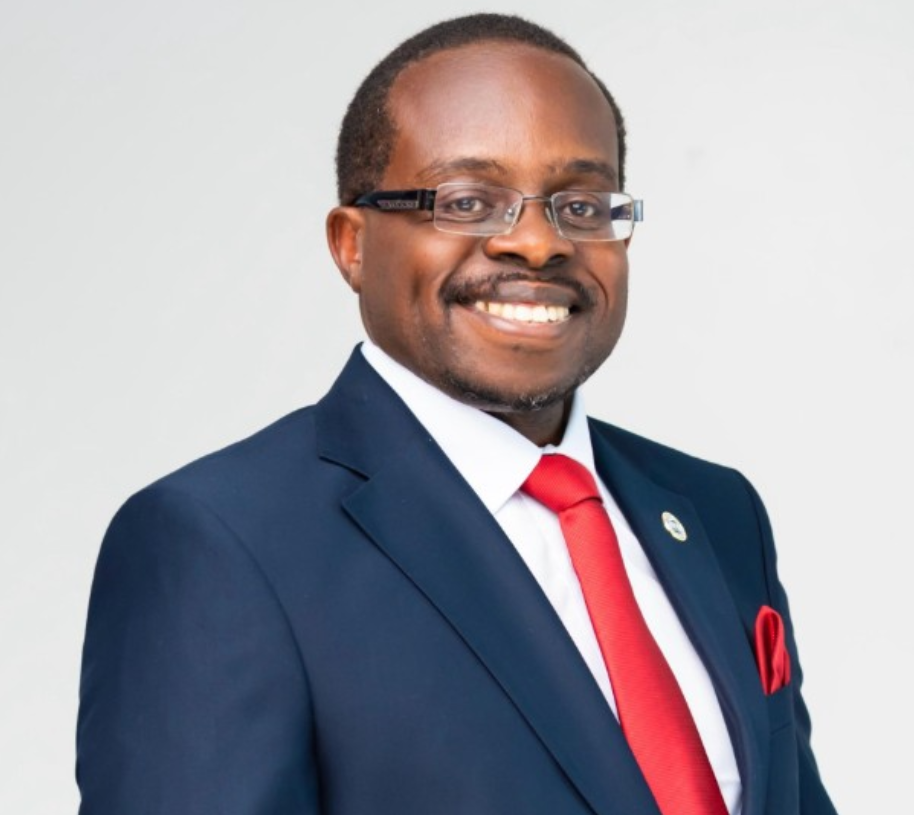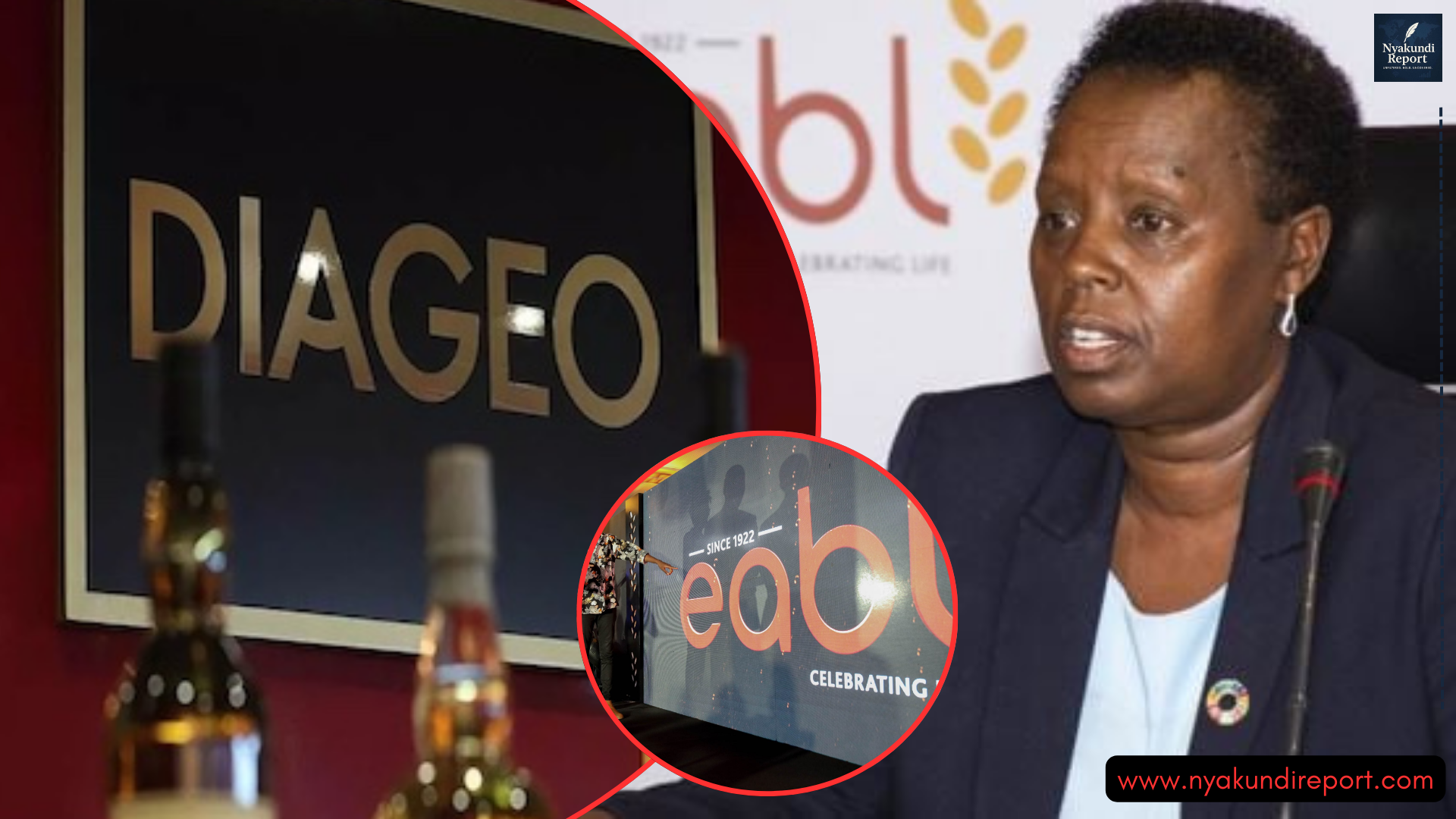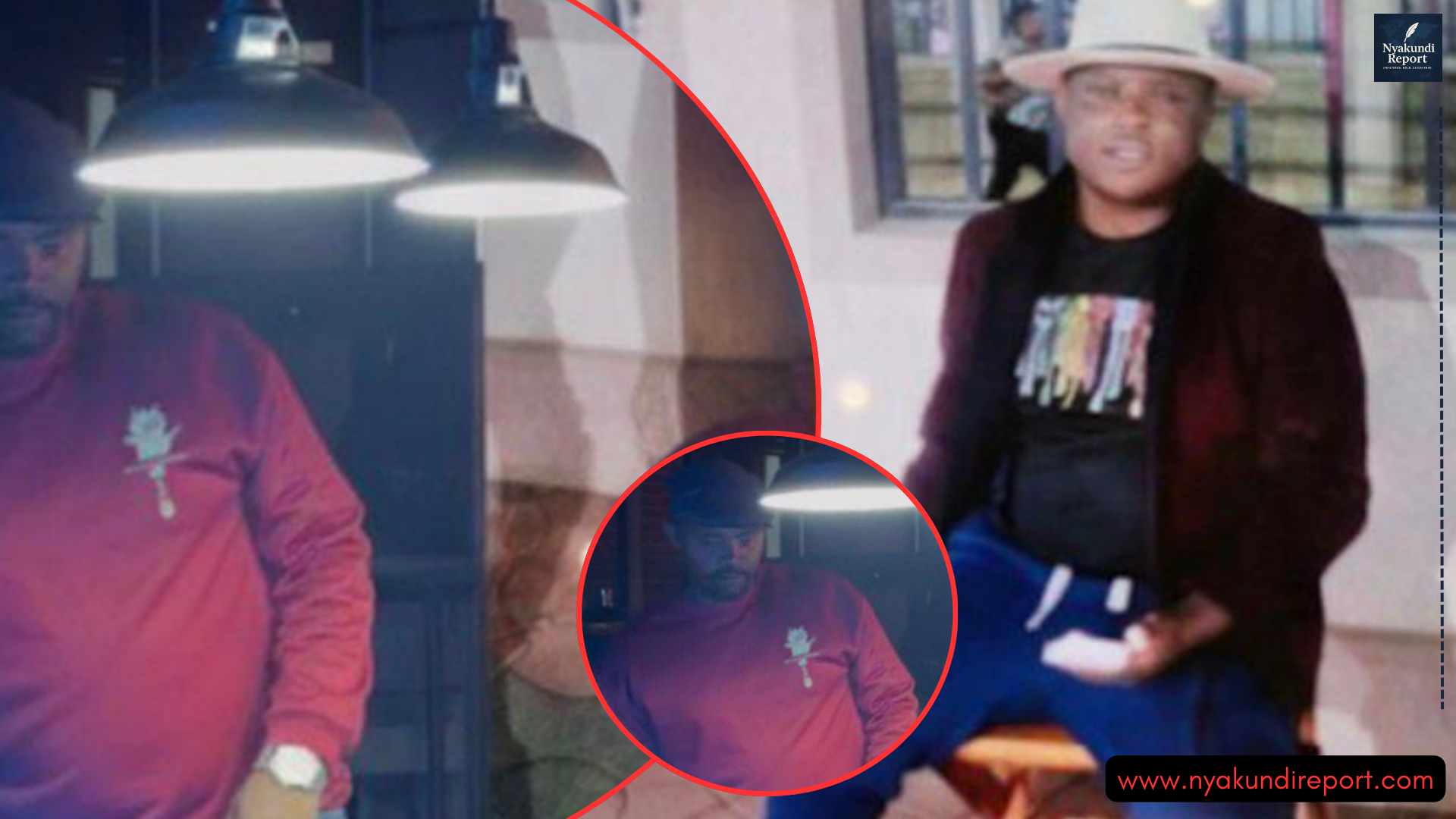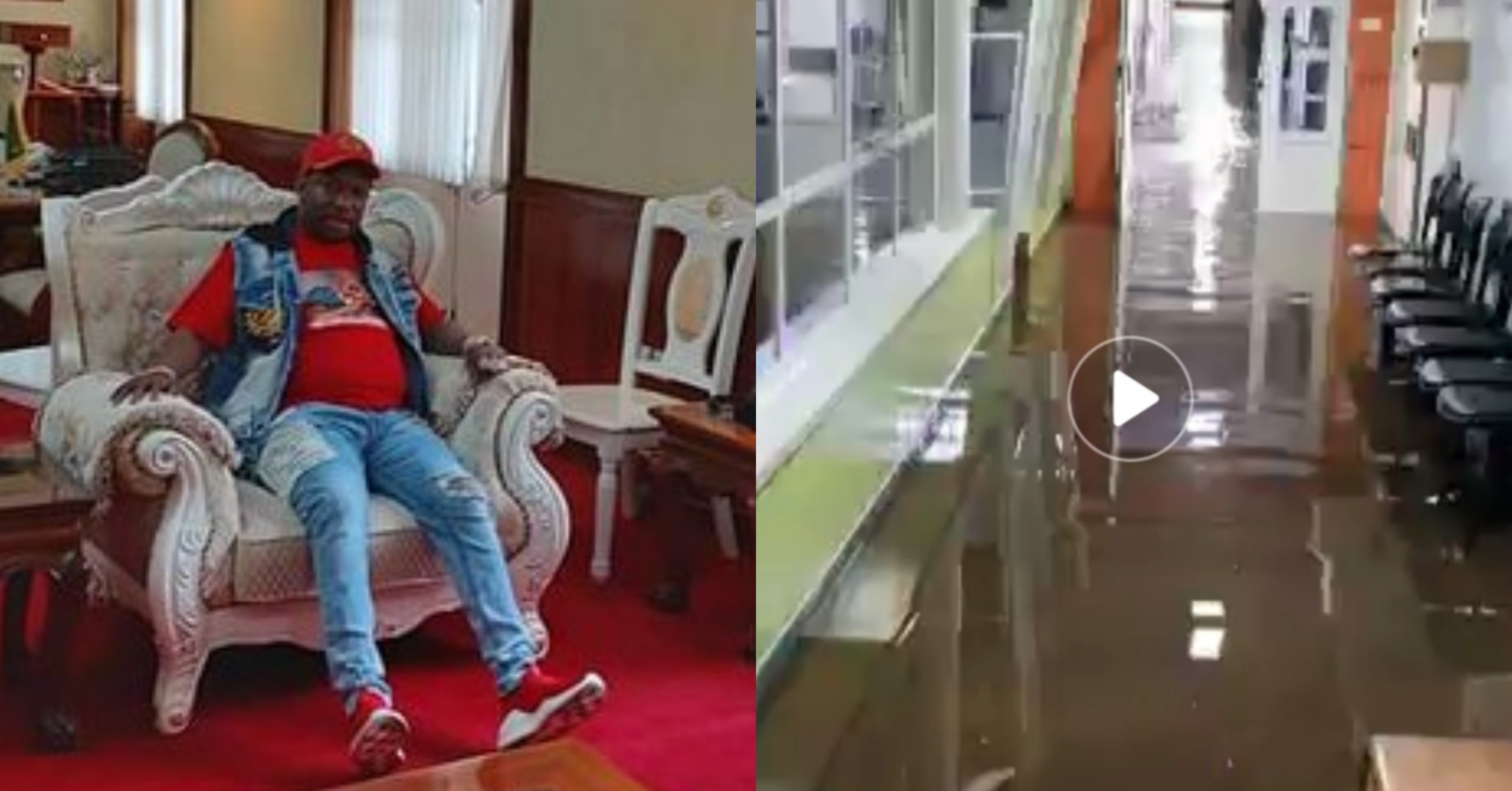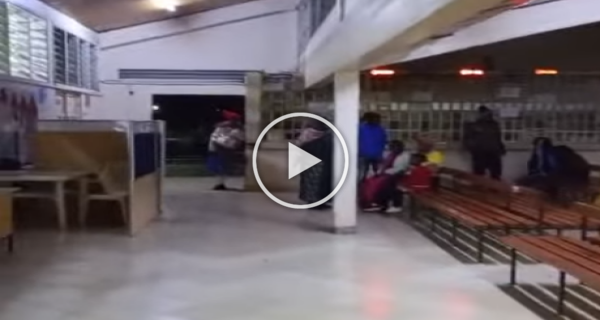Cornered Deputy Inspector General of Police Eliud Lagat has broken his silence over accusations linking him to the killing of blogger Albert Omondi Ojwang. In a strong courtroom defense, Lagat insisted that the decision to charge him lies only with the Director of Public Prosecutions (DPP), not the courts.
Through his lawyer Cecil Miller, Lagat warned that forcing the DPP to prosecute him would set a dangerous precedent and undermine the constitutional powers of independent offices.
He accused his accusers of spreading false and defamatory claims while ignoring the findings of independent investigations.
The case has stirred public outrage and reopened debate about police accountability, high-profile immunity, and the limits of judicial intervention.

DIG Lagat Says DPP Has Sole Mandate on Prosecution
Lagat argued that compelling the DPP to act against him would amount to an unlawful takeover of constitutional functions.
“The petitioners’ prayer to have this court compel the DPP to prosecute the 11th Respondent is an improper attempt to take over the functions of independent institutions,” read his submissions.
He stressed that the court cannot declare a person guilty without a trial or direct the DPP to prosecute unless there is proof of constitutional failure.
IPOA Cleared Lagat of Involvement
Lagat pointed to investigations by the Independent Policing Oversight Authority (IPOA) which found no evidence linking him to Ojwang’s death. IPOA, tasked with monitoring police conduct, reviewed the case and passed its findings to the DPP.
According to Lagat, the Office of the Director of Public Prosecutions reviewed the inquiry file and decided to charge other individuals found culpable. He said the choice not to prosecute him was based entirely on the absence of incriminating evidence.
Low Profile but Strong Words
Since the murder investigation began, Lagat had avoided public commentary. His latest court submissions mark his most direct rebuttal yet.
He maintained he was nowhere near the scene of the killing, gave no unlawful orders, and had no operational role in the events under scrutiny.
“The blanket allegation that I am a prime suspect is defamatory and unsupported by any investigative finding,” Lagat stated.
He argued that holding him responsible simply because of his position as DIG was legally and morally wrong without proof of personal involvement.
Accusations and Counter-Accusations
The petition against Lagat was filed by 20 individuals who want DPP Renson Ingonga compelled to bring charges against him. The petitioners argue that failing to prosecute sends a dangerous message that senior police officers are untouchable.
Lagat, in turn, accuses his detractors of conducting a smear campaign. He claims their public statements are aimed at tarnishing his name rather than seeking justice.
Court Gives DPP Time to Respond
The High Court has given DPP Ingonga until August 29, 2025, to file his response to the petition. This sets up a tense legal battle that could define the boundaries between judicial oversight and prosecutorial independence.
If the court sides with the petitioners, it could open the door for judges to compel prosecutions in cases where the DPP declines to act. Critics warn this might politicize the justice system and weaken independent decision-making.
Public Pressure Versus Due Process
Ojwang’s killing shocked many Kenyans, with activists and online commentators calling for justice. His supporters accuse the authorities of protecting powerful figures.
However, Lagat’s defense hinges on due process and constitutional protections. He insists that no officer should face charges without credible evidence, regardless of public opinion or political pressure.
Legal experts say the case raises a tough question: should courts intervene when citizens believe the DPP is shielding suspects, or should they respect prosecutorial discretion even if the decision is unpopular?
The Road Ahead
As the deadline for the DPP’s response approaches, both sides are digging in. Petitioners vow to push for Lagat’s prosecution, citing public interest and the need for accountability. Lagat’s camp insists the matter is already settled by investigative findings that cleared him.
The case now sits at the intersection of law, politics, and public perception. For Ojwang’s family, it is about closure. For Lagat, it is about defending his career and reputation, and for Kenya’s justice system, it could be a precedent-setting test of constitutional powers.


